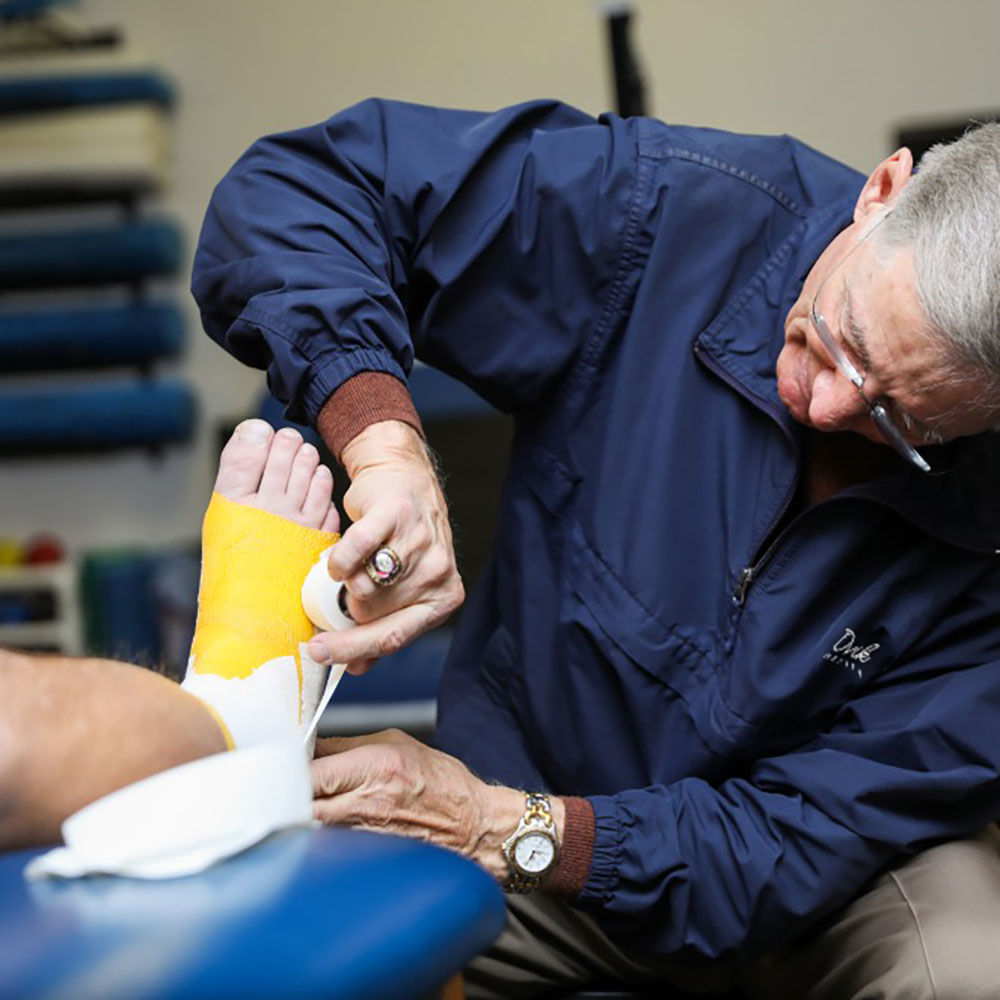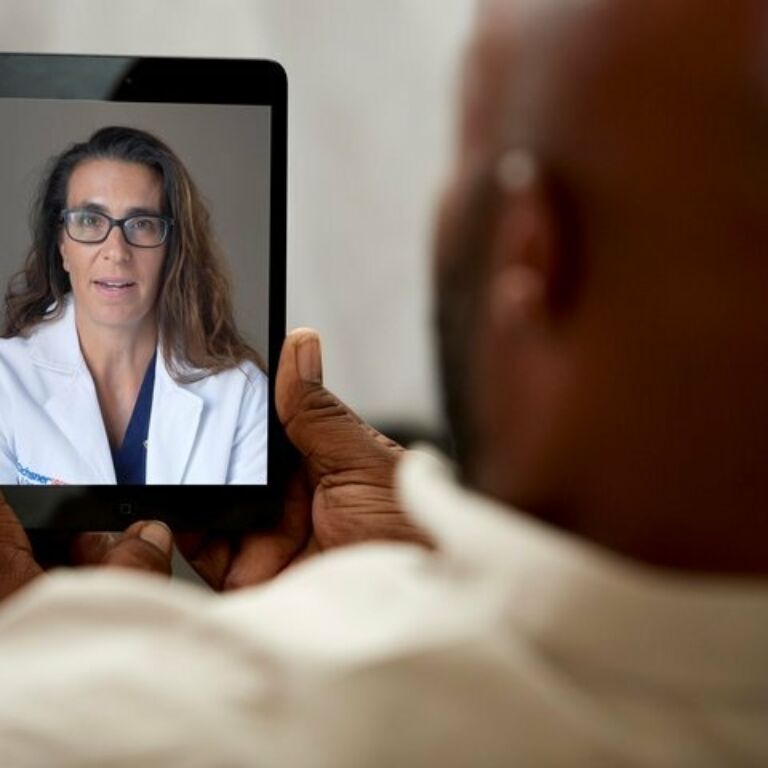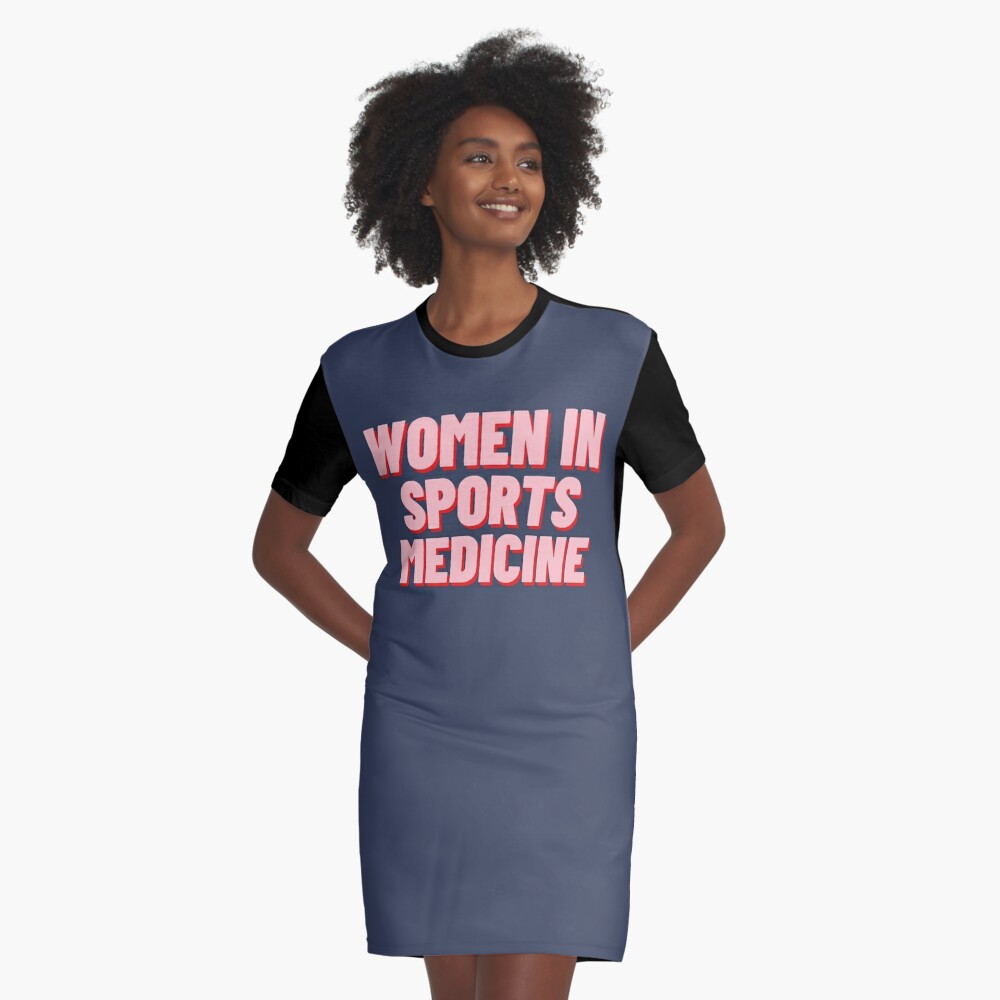I. Introduction to Sports Medicine Nursing

A. Definition and Role of Sports Medicine Nursing
Sports medicine nursing is a specialized field within nursing that focuses on the care and treatment of athletes and individuals engaged in physical activity. The role of a sports medicine nurse is multifaceted, involving the prevention, assessment, and management of athletic injuries, as well as the promotion of overall health and wellness within the athletic community. These nurses play a crucial role in ensuring the well-being of athletes and supporting their optimal performance.
B. Importance of Sports Medicine Nursing in the Athletic Community
Sports medicine nursing holds significant importance within the athletic community. These specialized professionals are essential in providing immediate care for acute injuries, as well as managing chronic conditions to help athletes maintain their physical well-being. They work closely with coaches, athletic trainers, and other healthcare professionals to ensure that athletes receive comprehensive care and support throughout their athletic endeavors. Additionally, sports medicine nurses play a vital role in educating athletes about injury prevention, proper nutrition, and overall wellness, contributing to the overall health and performance of the athletic community.
II. Educational Requirements for Sports Medicine Nursing
A. Nursing Education and Licensing
To become a sports medicine nurse, individuals must first obtain a nursing degree and become licensed as a registered nurse (RN). This typically involves completing a nursing program, either an Associate Degree in Nursing (ADN) or a Bachelor of Science in Nursing (BSN), and subsequently passing the National Council Licensure Examination (NCLEX-RN). Furthermore, some sports medicine nursing positions may require additional certifications or specializations in the field of sports medicine.
B. Specialized Training in Sports Medicine and Athletic Injuries
In addition to basic nursing education and licensing, pursuing specialized training in sports medicine and athletic injuries is essential for individuals aspiring to enter this specialized field. Various professional organizations and educational institutions offer training programs and certifications specifically tailored to sports medicine nursing. These programs often cover topics such as musculoskeletal injuries, concussion management, exercise physiology, and pharmacology related to sports injuries, equipping nurses with the necessary skills and knowledge to effectively care for athletes.
Furthermore, gaining practical experience through clinical rotations or internships in sports medicine clinics, sports teams, or athletic organizations can provide valuable hands-on training and exposure to the unique aspects of caring for athletes. By combining formal education with practical experience, nurses can develop a comprehensive understanding of the specific healthcare needs and challenges faced within the athletic community.
III. Gaining Clinical Experience in Sports Medicine
A. Practical Experience in Sports Medicine Settings
Clinical experience is an invaluable aspect of nursing education, particularly for those aspiring to specialize in sports medicine nursing. Practical experience in sports medicine settings provides nurses with the opportunity to apply their theoretical knowledge, develop essential skills, and gain an in-depth understanding of the unique healthcare needs of athletes. These settings can include sports medicine clinics, rehabilitation centers, orthopedic departments, and sports teams’ medical staff.
In a sports medicine setting, nurses have the opportunity to work alongside healthcare professionals specializing in athletic care, including sports medicine physicians, physical therapists, athletic trainers, and other members of the interdisciplinary team. This exposure allows nurses to observe and participate in the assessment and treatment of sports-related injuries, as well as the implementation of preventive measures and rehabilitation programs. Additionally, nurses can gain insight into the specific challenges and considerations involved in providing care to athletes of varying ages and fitness levels.
B. Internships and Residencies in Sports Medicine Nursing
Internships and residencies are vital components of gaining clinical experience in sports medicine nursing. These structured programs provide nurses with the opportunity to immerse themselves in the field, further develop their skills, and receive mentorship from experienced professionals. Internships and residencies in sports medicine nursing can be offered by healthcare institutions, sports medicine clinics, and professional sports organizations.
During these programs, nurses may have the chance to rotate through different clinical areas, gaining exposure to a wide range of sports-related conditions and injuries. This hands-on experience can include participation in injury assessments, treatment planning, rehabilitation exercises, and the implementation of injury prevention strategies. Additionally, nurses can observe various techniques and best practices in sports medicine nursing while working closely with the interdisciplinary team, fostering a comprehensive understanding of the collaborative nature of care within the athletic community.
Furthermore, internships and residencies provide a platform for nurses to develop their critical thinking and decision-making abilities in the context of sports medicine. By actively participating in patient care, nurses can refine their assessment skills, learn to adapt to the unique needs of athletes, and gain confidence in managing sports-related injuries and conditions.
IV. Acquiring Certification and Specializations
A. Obtaining Certifications in Sports Medicine Nursing

Certifications in sports medicine nursing demonstrate a nurse’s commitment to providing the highest level of care in the field of sports medicine. These certifications not only validate a nurse’s knowledge and skills but also enhance their credibility and marketability in the healthcare industry. There are several reputable certification programs available for nurses who wish to specialize in sports medicine nursing, including the Certified Sports Nurse (CSN) credential offered by the Commission for the Certification of Athletic Training. This certification requires candidates to have a valid RN license and a minimum of 1,000 hours of practice in sports nursing within the past three years, as well as successful completion of a certification exam.
The CSN certification covers a wide range of topics, including injury prevention, assessment and evaluation of sports-related injuries, emergency care for athletes, rehabilitation strategies, and return-to-play considerations. By obtaining this certification, nurses demonstrate their expertise in managing the unique healthcare needs of athletes and individuals involved in physical activities. This not only boosts their professional credentials but also opens up new career opportunities in sports medicine clinics, sports teams, fitness centers, and rehabilitation facilities.
B. Pursuing Advanced Specializations in Sports Medicine
In addition to obtaining certifications, nurses can also pursue advanced specializations in sports medicine nursing to further enhance their expertise and knowledge in the field. Advanced specializations provide nurses with specialized training in areas such as orthopedics, exercise physiology, sports nutrition, and sports psychology, allowing them to deliver comprehensive care to athletes and individuals with sports-related injuries.
One of the most sought-after specializations in sports medicine nursing is the Orthopaedic Nursing Certification (ONC) offered by the Orthopaedic Nurses Certification Board. This certification is designed for nurses who demonstrate advanced knowledge and clinical expertise in orthopedic nursing, which is highly relevant to sports medicine nursing due to the prevalence of musculoskeletal injuries in athletes. In order to be eligible for the ONC exam, nurses must have a minimum of two years of experience as a registered nurse and a minimum of 1,000 hours of practice in orthopedic nursing within the past three years.
An advanced specialization in sports medicine nursing equips nurses with the specialized skills and knowledge required to effectively care for athletes and individuals with sports-related injuries, ultimately contributing to improved patient outcomes and satisfaction. Moreover, nurses with advanced specializations are often in high demand and can command higher salaries in the competitive healthcare job market.
V. Networking and Professional Development
A. Building Connections in the Sports Medicine Field
Building connections within the sports medicine field is crucial for professional growth and development. Networking allows individuals to stay connected with industry trends, advancements, and best practices. It also provides opportunities for collaboration, mentorship, and knowledge sharing. Whether you are a sports medicine physician, physical therapist, athletic trainer, or any other professional within the field, establishing a strong network can open doors to new opportunities and help you stay ahead in your career.
Networking can take place in various settings, including conferences, seminars, workshops, and professional associations. Attending industry events and participating in relevant discussions can help you connect with like-minded individuals, experts, and potential collaborators. Additionally, leveraging social media platforms such as LinkedIn can also be a valuable tool for expanding your professional network and staying updated with the latest news and developments in sports medicine.
Furthermore, building connections with professionals outside of your immediate sphere of influence can provide a fresh perspective and new insights into the field. Engaging with individuals from diverse backgrounds and specialties can broaden your knowledge and understanding of sports medicine, ultimately contributing to your professional development.
B. Continuing Education and Staying Updated with Advancements in Sports Medicine
Continuing education is a fundamental aspect of professional development in sports medicine. As the field continues to evolve, staying updated with advancements in research, technology, and best practices is essential for providing high-quality care to athletes and sports enthusiasts. This may involve pursuing advanced certifications, attending specialized workshops, or enrolling in relevant courses to expand your knowledge and skills.
Many professional associations and organizations offer continuing education opportunities for individuals in sports medicine. These can include webinars, seminars, and conferences that cover a wide range of topics such as injury prevention, rehabilitation techniques, sport-specific training, and emerging trends in the field. By actively seeking out these educational opportunities, professionals can stay informed about the latest evidence-based practices and integrate them into their clinical work.
In addition to formal education, keeping up with current literature and research in sports medicine is essential for staying abreast of new developments. Subscribing to academic journals, following reputable sources in the field, and engaging in discussions with peers can help professionals stay informed about the latest findings and discussions within sports medicine.
In conclusion, sports medicine nursing is a vital component of the healthcare system, providing specialized care to athletes and promoting overall health and wellness within the athletic community. By pursuing the necessary education, licensing, and specialized training, nurses can acquire the skills and knowledge required to excel in this dynamic and rewarding field, making a positive impact on the well-being and performance of athletes.



